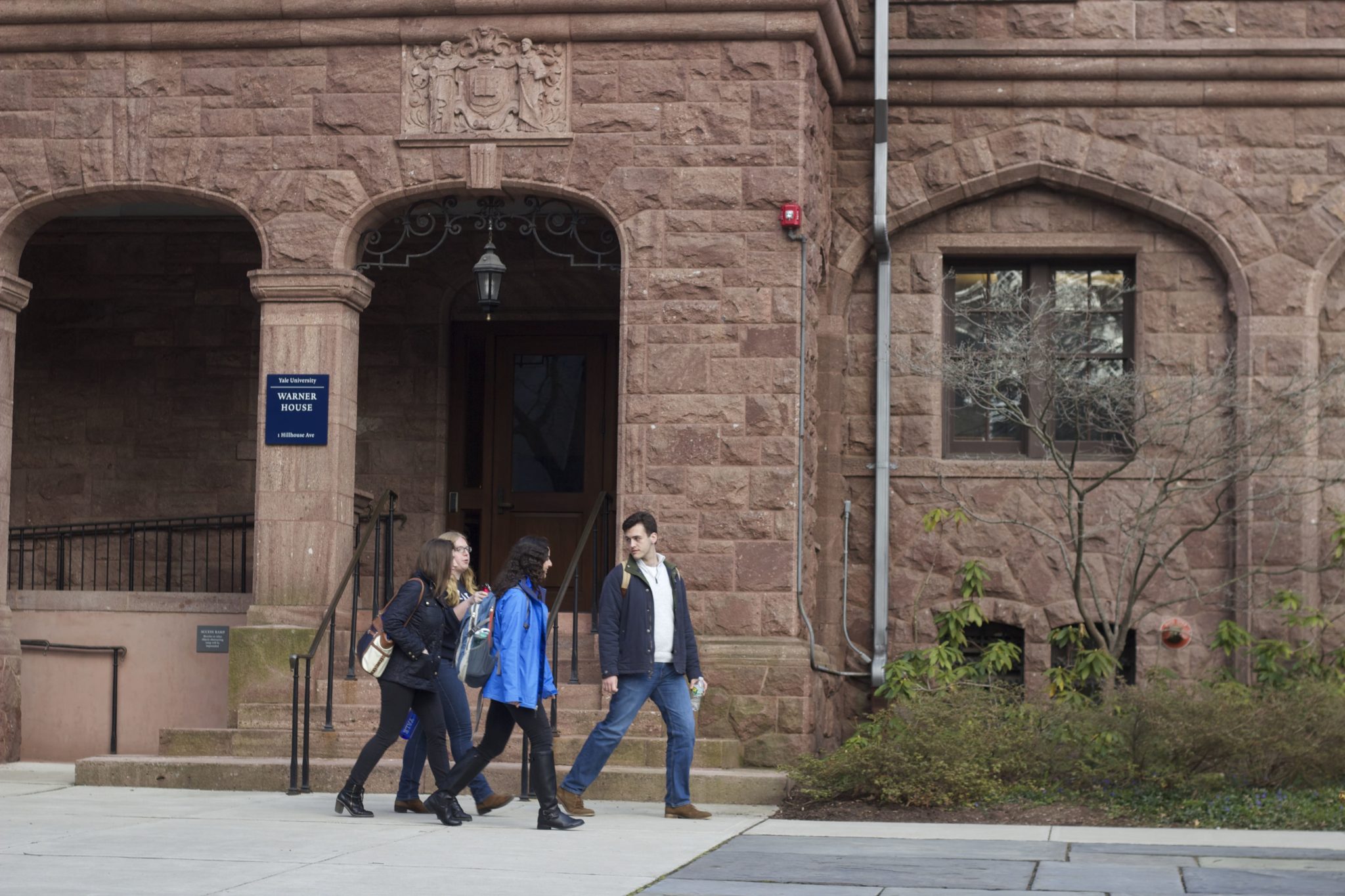
At its April meeting, the Faculty of Arts and Sciences Senate discussed a proposal advocating for the creation of an ombuds office that would employ a set of individuals to investigate and mediate issues between the University and its employees.
The draft proposal came to the table at the April FAS Senate meeting and will be formally voted on at a subsequent meeting, either at the end of this term or during the next academic year. The proposal outlined the potential upsides of having such an office, which would work on improving communication, resolving conflicts and addressing systemic change. Specifically, ombudspersons would work as third party mediators in disagreements between the University and its community members — advising the former on trends, concerns and future potential issues, all while maintaining the confidentiality of the employees. The ability to guarantee secrecy for complainants stems from legal protections generally allotted to ombuds’ offices.
According to the proposal, Yale is the only Ivy Plus peer institution to lack such an office. If the FAS Senate’s proposal is approved, the body will submit it to University President Peter Salovey and University Provost Ben Polack for consideration. Jill Campbell, an English professor and a member of the FAS Senate who drafted the proposal, said that without such an office, some individuals may hesitate to seek mediation in sensitive situations.
“The experience of the Senate’s Peer Advisory Committee in the last four years has demonstrated the need for a place of recourse and advice for the great variety of specific concerns that may arise for individual faculty, students, or staff, some of which involve factors that complicate seeking recourse from the formal channels provided,” Campbell said. “ In addition to the guidance and help an Ombudsperson offers individuals, the Ombuds may provide an invaluable service to University leadership by offering reports on patterns and areas of special concern that s/he is able to observe.”
According to Alexandre Debs, associate professor of political science and an FAS Senator, Campbell provided a “convincing case” for the creation of an ombuds office.
The Senate’s pending proposal would follow up on recommendations from other University bodies to create such an office. Last year, the Graduate School Assembly renewed efforts to introduce ombudspersons on campus in the wake of increased allegations of sexual misconduct by professors and students. In 2011, the Advisory Committee on Campus Climate suggested the creation of such an office along with other recommendations as part of its report to the president and fellows of Yale. Then-University President Richard Levin turned down the item, citing concerns that the presence of such an office would conflict with the pending establishment of the University-Wide Committee on Sexual Misconduct.
The Office of Public Affairs and Communication did not respond to request for comment.
Four FAS Senators interviewed by the News spoke favorably about the creation of an ombuds office. Two sources told the News that, to their knowledge, this proposal was the first such bid to originate from the FAS Senate. Assistant professor of psychology and psychiatry and FAS Senator Arielle Baskin-Sommers said that the “confidential, informal, neutral, and impartial” role of ombudspersons could help facilitate discussions on issues of tenure and sexism in the University.
“I think in general, many members of the Yale community do not feel they have a place to go to discuss issues, particularly outside of a supervisor’s or administrator’s office,” Baskin-Sommers said. “By not having a clearly designated position like an ombuds office, some members of the University community are left feeling unsupported. Without direction, issues are left to fester rather than possibly being addressed earlier in the process.”
The FAS Senate was established in 2015.
Carly Wanna | carly.wanna@yale.edu







